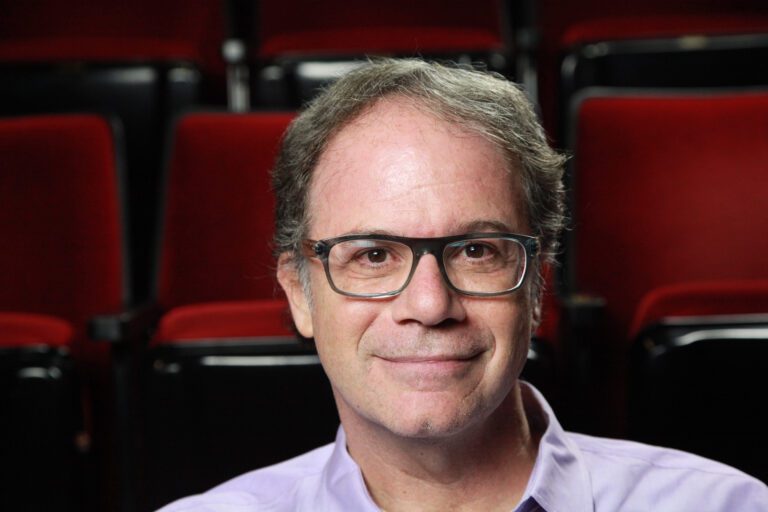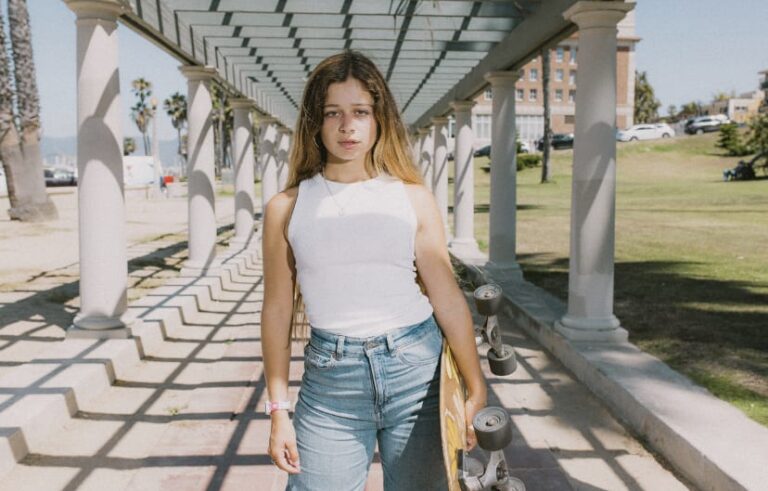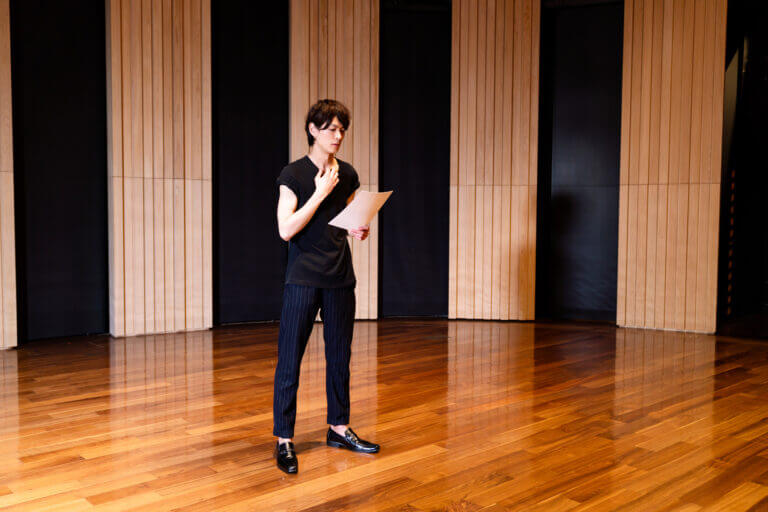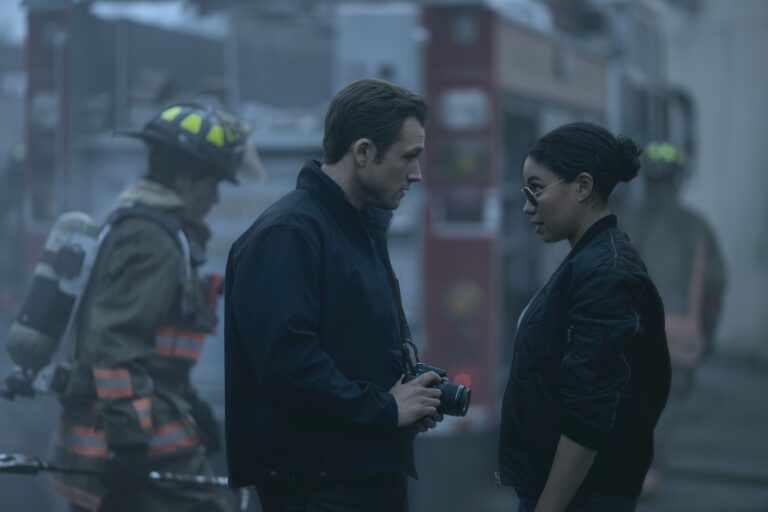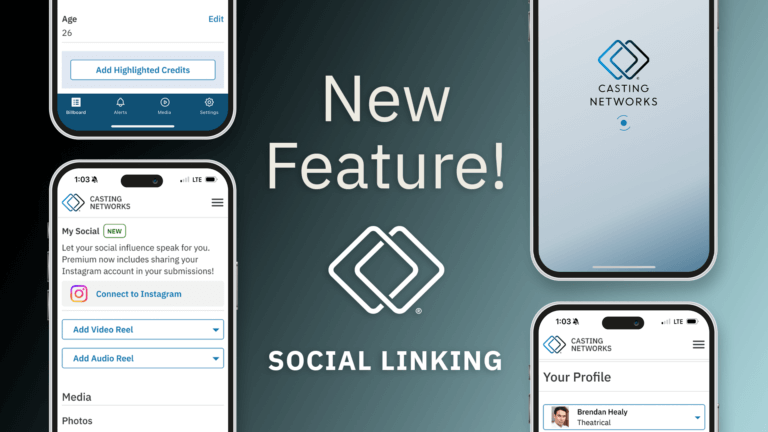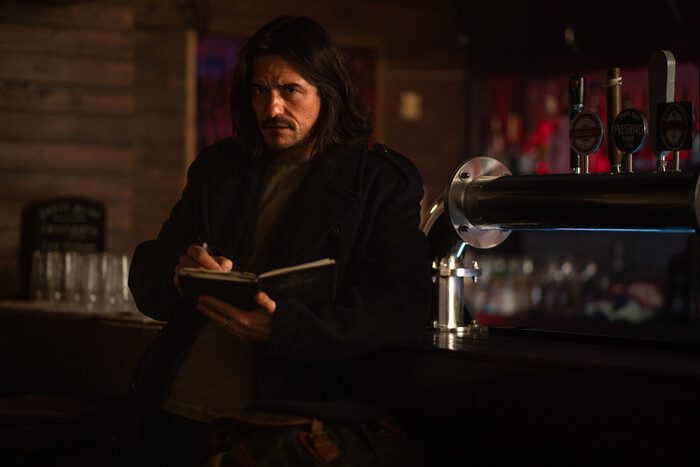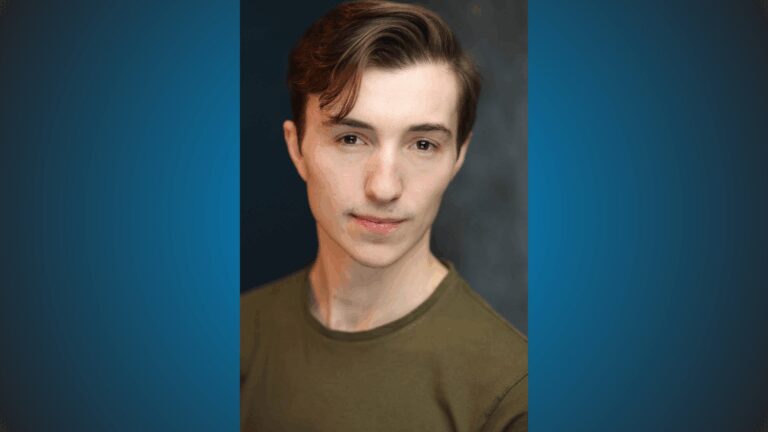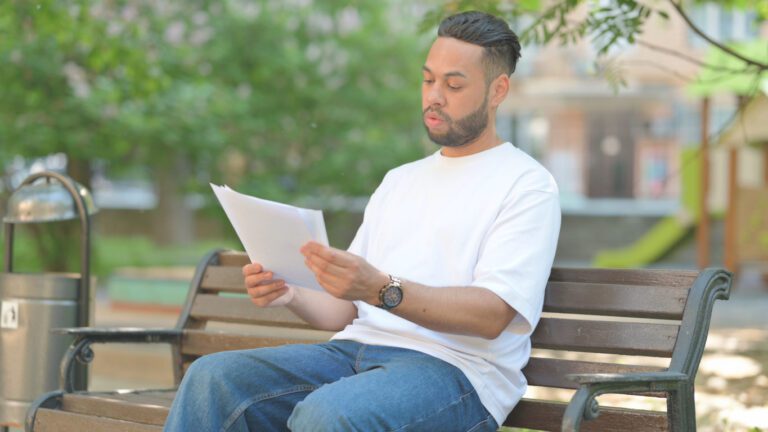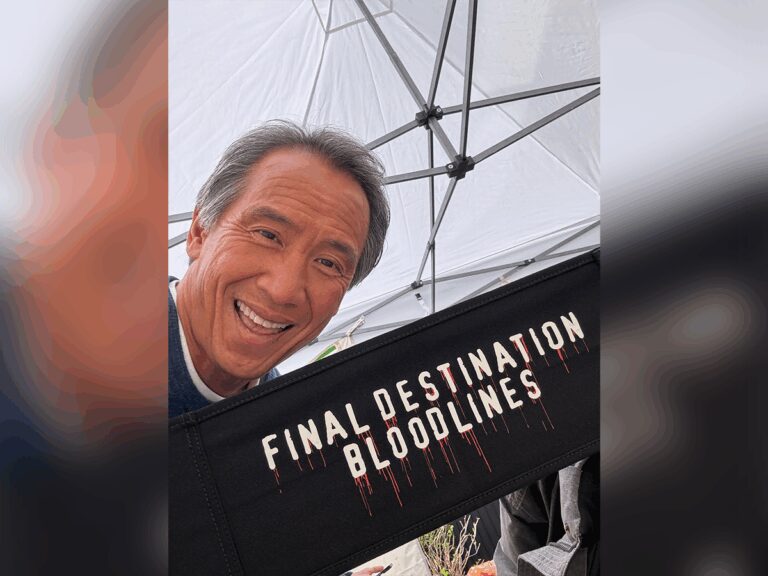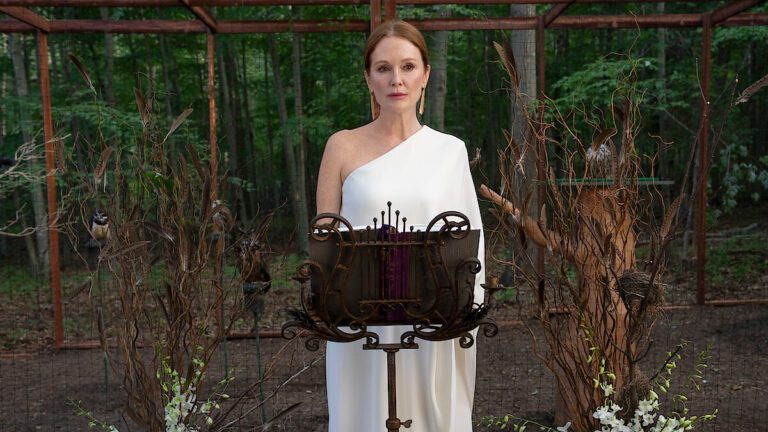Henry Jäderlund doesn’t look like he should be a casting director. He looks like he should be the one in front of the camera, so it does make sense that he started that way.
Over the years, the Atlanta native has transformed himself into both a success in the casting business and as a liaison between Hollywood productions and the Indigenous people they wish to portray. Jäderlund, himself half Indigenous, is one of the most trusted such men in the business, and now has offices in New York, Virginia and Washington, DC. His work has also translated to the government, which has hired him for work that he can’t talk about. He spoke to us from one of those jobs, at an undisclosed site in Virginia.
Insights: Lessons from Henry Jäderlund
- Establish trust and meaningful connections within the industry, particularly with leadership communities. For actors interested in niche roles, such as Indigenous characters, building relationships with casting directors like Jäderlund, who specialize in these areas, could be beneficial.
- Actors should come to auditions well-prepared but also remain flexible enough to make adjustments based on feedback. Being too rigid can hinder your ability to show the casting directors your range and adaptability.
- When involved in a production, view it as an opportunity to learn and grow. Being open to new experiences can enrich your performance and understanding of the industry.
- In portraying characters from diverse backgrounds, it’s crucial to approach roles with transparency and respect for the culture and history they represent.
- Explore opportunities to work in multiple capacities, like Jäderlund does with casting and liaison work. This can provide a broader perspective on the industry and open up additional avenues for involvement in productions.
How did you get into casting?
It kind of all happened by accident. A lot of my background is in Atlanta, in the music industry, and it was just part of my everyday life. You live in a community where everyone’s somebody, and it’s not like everybody wants to be in the industry, it was just kind of how I grew up.
I started in music videos, and then I was working with this artist, that producer and then eventually went to film. I was in front of the camera all the time, and eventually, I started being considered for native roles. What was interesting was that I would participate and make a contribution to these projects as a talent, and eventually, these producers, whether they were in Virginia or New York or Georgia, they would say, “Oh, hey, Henry, by the way, it’s hard for us to cut through the red tape to get these scripts to the elders and have them go over it.”
It was having access to individuals who were in positions of leadership within tribal communities and individuals in the entertainment industry. Eventually, I started being asked, “Can you cast our native talent for us?” Then from there, “How about our whole project?”
How did you establish the connections with the native leadership communities?
What it was, working consistently with known quantities, whether they knew me or I knew them, there was a sense of trust, and that trust led to those relationships with individuals in positions of trust and tribal council.
Now, I think a lot of producers face a challenge getting individuals to get on board with production. There are a lot of sensitivities when it comes to producers, production companies, studios, and network executives, producing content about other people’s history, and it’s just good to always have that person bridging that gap between production and the Native American community, and I believe I excel at that.
That sounds to me like an enormous amount of responsibility that rests on your shoulders in these situations.
Exactly. I’ve been very lucky. I’ve worked on some major productions with some top-tier talent, whether it be in front of the camera or behind the camera, and I’ve never come across a producer or a director who’s ever, in any way, done something insulting to get the way. Never. It’s always, “what can we do to make sure that they’re always going to be willing participants?” If there are any issues, the producers are very quick to resolve them.
I think what’s important is that everyone involved in leadership positions, in whatever production it may be, look at it as a learning experience. When you are on set for six months, from pre-production through the final day of filming, you become attached to people, and you learn so much. It’s a very unique experience.
How has your work evolved over the years? I would think that being a liaison is a lot easier now than it used to be.
When I look at it as someone who consumes content and is involved in producing some of this content, I feel that the voices and the stories are something that we hadn’t heard before, before the 20 years that I’ve been involved in the business. I think that allows writers and creators to create content that they never thought they would be able to produce.
I think it’s amazing that we can have Origin content with the intention of it being original different and exciting. What I mean by Origin, is it’s the beginning of the Indigenous people, even though we all belong to the Earth, delivering the content has always been parallel to what we know it to be.
I think when there’s an opportunity to tell the story about how we are all the same but yet believe different things and how we can appreciate each other for our differences, it’s about being transparent and respecting one another for who we are, not walking around with walls and borders up.
Are you still casting these days? Or are working more as a liaison?
I do both. I come on as casting, and because I’m the one who’s auditioning and working on community centers, auditioning talents, it’s a natural synergy.
Do you find that there are common mistakes that actors make when they come in to audition?
Yes. A lot of talent when they come in to audition, they come so prepared that they can’t make adjustments. They become so rigid with the way that they want to present their take.
With that in mind, what piece of wisdom or advice would you share with someone coming in to audition for you?
Be flexible. Take feedback. Make those adjustments.
Ready to find your next role with Casting Networks? Sign up for a free trial today!
You may also like:

